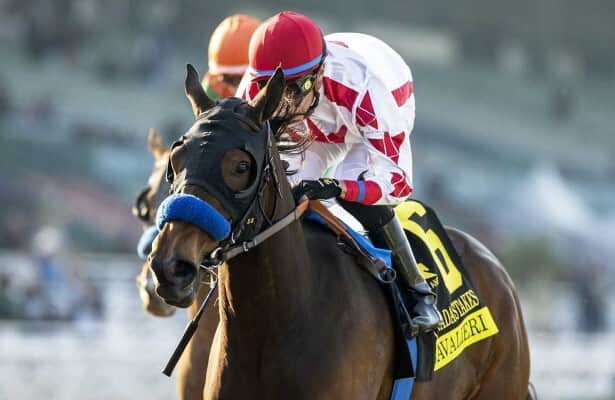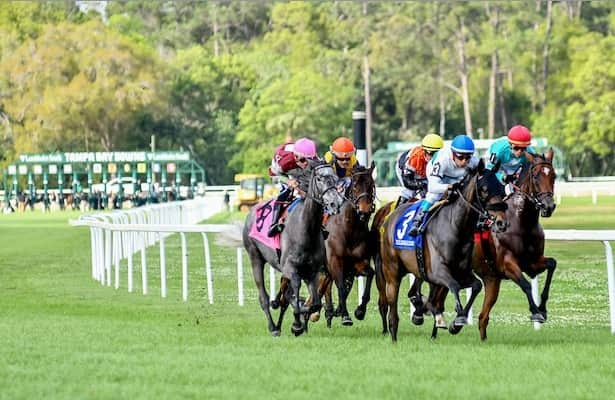Letter To the Editor: Here’s Hoping For Meaningful Change

I read with interest and a certain amount of confusion, Sue Finley’s TDN article about the woes of Kentucky stallion studs.
On the one hand, everyone is agreed that it is difficult to fill stallion books, and on the other, the idea of any book being full has long been consigned to the history books.
When I worked at Ashford in the mid-90s, Woodman topped the active sires list (’96 or ’97) and the size of his book caused scandalized conversation in some quarters. One breeder even told me it was impossible to cover so many mares and that we simply had to be cheating and using AI (no, the other one). I politely replied that were simply using hard work and long hours.
The 148-odd mares he covered that season seems positively quaint by today’s standards!
To read this morning that Hard Spun is considered a failure at 95 bookings (so far) is shocking and of course a result of unlimited books and the over-commercialization of breeding. Which, according to the article, everyone now, finally, admits is a problem.
And yet, nobody seems to want to look at the obvious fix and hit the necessary reset to bring it about.
If ever there was a moment to limit stallion book numbers, it is surely now?
Ideally, there would be one limit for proven sires and an even lower one for the unproven. We all seem to have forgotten that good sires tend to make it regardless of their book sizes!
With book limits in place, the resulting trickledown effect would see capable underused sires getting their fair share.
Book limits would also force many people in breeding solely for commercial reasons to re-evaluate their reasons for being in the game and either change their priorities or stop breeding.
This process might be a painful one for some, but it would lead to a change in mentality, an end to the current tail-wags-dog situation with regard to sales/commercial value and racing spectacle, and most importantly, it would end the current fashion for calling horses a product (several times in this article alone) and treating them as financial commodities.
If we were able to do all that, then we wouldn’t need slick marketing to gloss over problems and convince the general public to go racing or new fans to become owner/breeders because the public would feel and see the change and thus regard horse racing once more as the sport of kings.
Here’s hoping meaningful change will one day happen for the sake of our wonderful sport.
All the best,
Eric
Eric Ward grew up in Ireland and spent nearly 30 years in stud farming all over the world including a decade with Coolmore. He managed studs in Ireland, China and Turkey. Now based in Gaillac, France he assists his winemaker wife, writes novels and is also a volunteer fire-fighter/first responder.
Related
Leading Parx jockey Sanchez will serve 7-day suspension
Photo: Jason Moran / Eclipse Sportswire Jockey Mychel Sanchez will serve a seven-day suspension and pay an additional $1,750 in fines
Bill Mott talks about plans for Sovereignty, Just F Y…
Photo: Gulfstream Park / Lauren King Sovereignty, dramatic late-running winner of the Fountain of Youth (G2) March 1, is being pointed
Up-and-coming Cavalieri chases Grade 1 glory in Beholder Mile
Photo: Santa Anita / Benoit Photo Cavalieri and Alpha Bella, who finished one-two in the Grade 3 La Cañada in January at Santa Anita,
4 stakes showcase shipping stars on Tampa Bay undercard
Photo: Gonzalo Anteliz Jr. / Eclipse Sportswire The stars will shine Saturday at Tampa Bay Downs, and not just in the Grade 3 Tampa Ba











